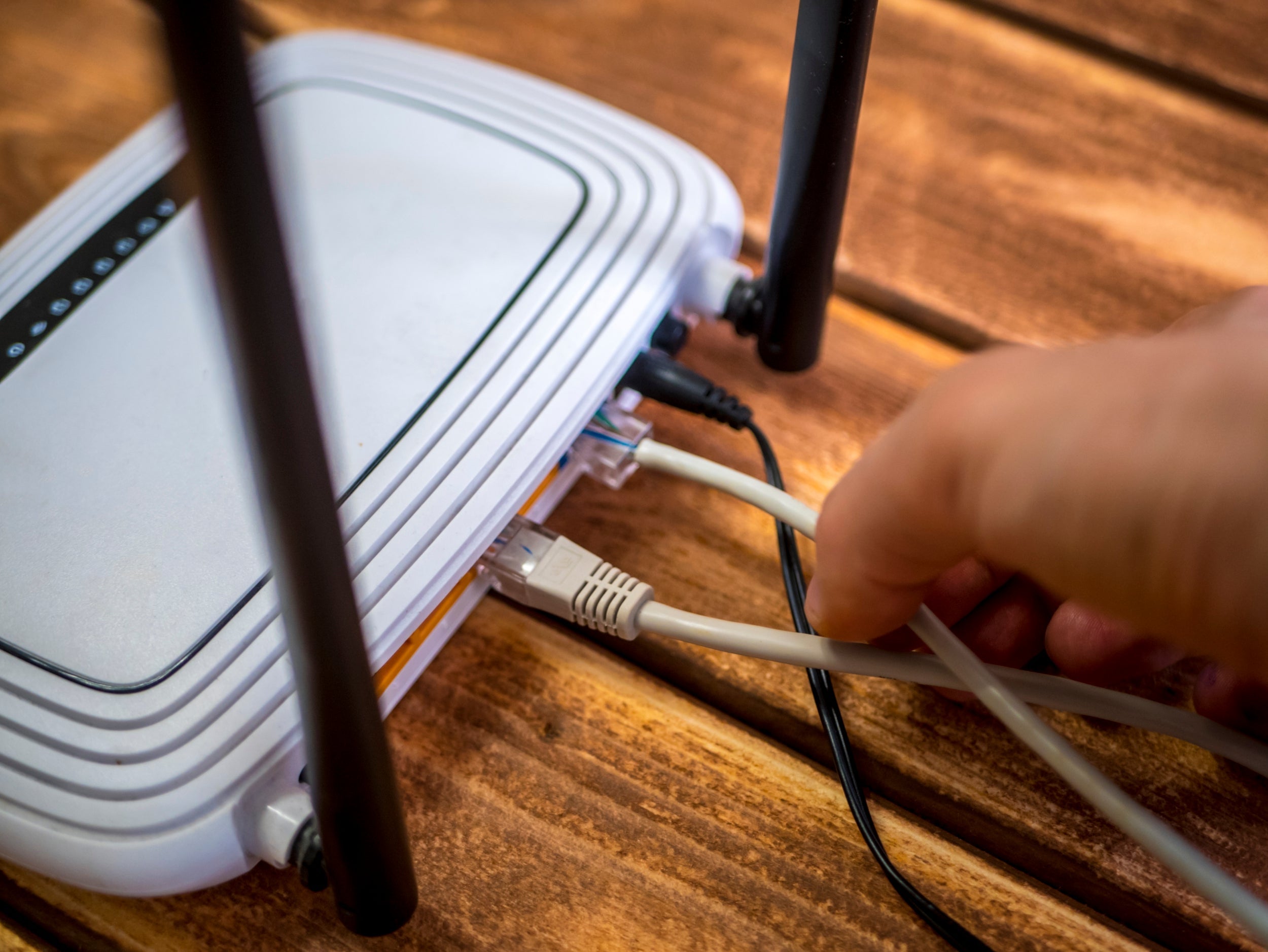Your support helps us to tell the story
From reproductive rights to climate change to Big Tech, The Independent is on the ground when the story is developing. Whether it's investigating the financials of Elon Musk's pro-Trump PAC or producing our latest documentary, 'The A Word', which shines a light on the American women fighting for reproductive rights, we know how important it is to parse out the facts from the messaging.
At such a critical moment in US history, we need reporters on the ground. Your donation allows us to keep sending journalists to speak to both sides of the story.
The Independent is trusted by Americans across the entire political spectrum. And unlike many other quality news outlets, we choose not to lock Americans out of our reporting and analysis with paywalls. We believe quality journalism should be available to everyone, paid for by those who can afford it.
Your support makes all the difference.A man has reportedly been arrested in Pakistan for the murder of a father and son who lived next door to him for allegedly stealing his WiFi password.
Police told media in Karachi that an investigation of the accused was underway, according to local news outlet ARY News.
Relatives of the victims say they received death threats from the suspect before their deaths, after a series of arguments that took place almost two months ago.
The suspect, who was named by the police only as Qasim, is also alleged to have sent death threats to another son of the older victim. After the report was made, the suspect went into hiding.
He was caught by police in the town of Shah Latif. Upon arrest, Qasim confessed to killing his neighbours, the Inquirer reported.
The older victim, identified as Farooq, was a worker at a steel mill in the city, while his son, identified as Haris, was a student at Karachi University.
Using someone else’s WiFi without their consent is not illegal in Pakistan, but some may view it as an Islamic fatwa due to Dubai’s 2016 ruling that the theft of WiFi is an act that “compromises a person’s religious conduct”.
According to tech publication PakWired, Dubai’s Islamic Affairs and Charitable Activities Department (IACAD) declared that stealing WiFi is a “modern fatwa” – a nonbinding legal opinion on a point of Islamic law – and could be a punishable offence.
A statement by the IACAD reads: “It is not allowed for people to use what belongs to others without payment or without their permission. Therefore, the Internet should be used only after subscribing to the service.”
The state religion of Pakistan is Islam, where 96.28 percent of the population are Muslim.

Join our commenting forum
Join thought-provoking conversations, follow other Independent readers and see their replies
Comments